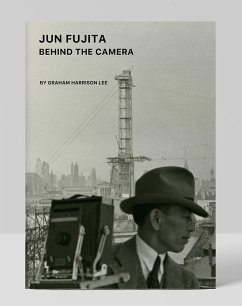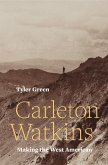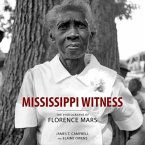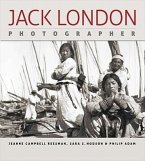The first monograph of the life and work of Jun Fujita. Poet, artist, and photographer Jun Fujita was born in a village near Hiroshima and immigrated to Canada as a teenager. By 1915, he was in Chicago, where he worked for the Evening Post until 1929, photographing disasters such as the Eastland capsizing, notorious celebrities such as Al Capone, and U.S. presidents. As one of the only Japanese-American photographers working in the United States at the time, Fujita was commissioned to photograph federal works projects between the wars. He co-owned a cabin on a remote island near Rainer, Minnesota, and spent long periods there, painting and writing poetry, mostly haiku and tanka. His first book of poems was called Tanka: Poems in Exile (1923). The Art Institute of Chicago holds some of Fujita's color photographs of natural landscapes. His cabin, now located within Voyageurs National Park, still stands. This publication is the first monograph of the artist's life and work.







